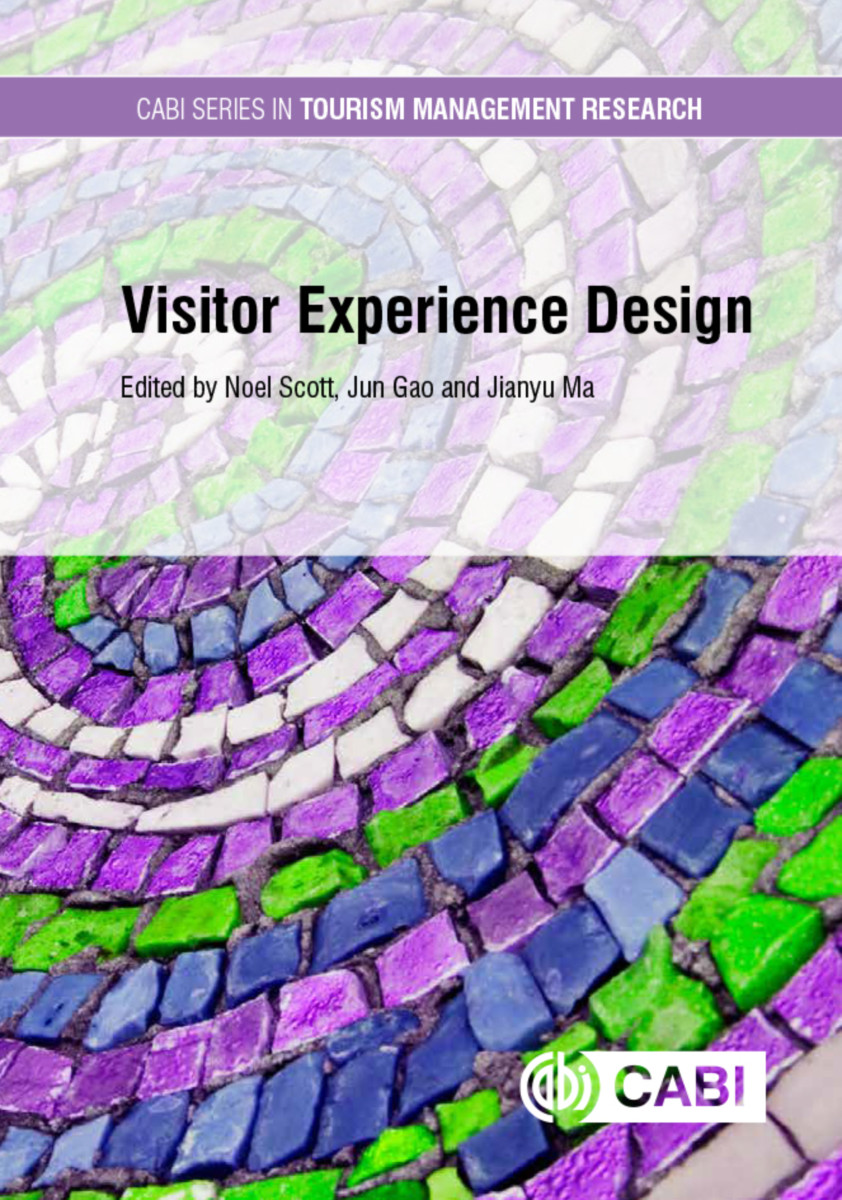Visitor Experience Design
- Publisher
CABI - Published
10th October 2017 - ISBN 9781786391896
- Language English
- Pages 296 pp.
- Size 6.75" x 9.5"
- Images tables
Most discussion of visitor experiences uses a behavioral or managerial approach in which the way the visitor thinks is ignored--it's a black box. Visitor Experience Design is the first book of its kind to examine best practice in creating and delivering exciting and memorable travel and visitation experiences from a cognitive psychological perspective, opening the black box.
The chapters draw on recent findings from cognitive psychology, cognitive science and neuroscience to provide a basis for a better understanding of the antecedents of a memorable experience, including:
- The psychological process of the formation or creation of a visitor's experiences
- Psychological aspects of tourism experiences such as attention, emotion, memory and mindfulness
- Pre-stage experience: customer inputs such as knowledge, myths, values and memories from previous travel
- On-site experience: co-creation processes
- Post-stage experience: immediate and long term outcomes including happiness and well-being
- Experience design cases
Tourism, hospitality and event managers seek to provide WOW experiences to their visitors through better design and management.This book encourages the discussion of different facets of experience design such as emotions, attentions, sensations, learning, the process of co-creation and experiential stimuli design.
It will be of interest to tourism researchers and postgraduate students studying tourism management, marketing and product design.
Part I: Creating Memorable Experiences – Theories And Framework
1. Introduction: Creating Memorable Experiences
2. How Psychology Can Stimulate Tourist Experience Studies
3. Tourism Experience: A Review
Part II: Pre-Experience Stage: Customer Inputs
4. Exploring Experience and Motivation Using Means-End Chain Theory
5. Experiential Decision Choice
Part III: On-Site Experience
6. Attentive Tourists: The Importance of Co-creative Experiences
7. The Elicitation of Emotions
8. Measurement of Visitors’ Emotion
9. Innovative Approaches to Researching Consumer Experience: An Evaluation and Comparison
10. Perceived Value of Destination Experiences in Zhouzhuang, China
Part IV: Post-Experience Stage: Outcomes
11. Well-being Benefits from Mindful Experiences
12. Motivational Satisfaction and Emotional Outcomes from Experiences
13. The Meaning of a Destination Experience in Zhouzhuang, China
14. Sharing Tourism Experiences: Literature Review and Research Agenda
Part V: Experience Design Cases
15. Slow Food Tourism: Preferences and Behaviours
16. Perceptions of the Trinidad Carnival Experience from International Travel Bloggers
Part VI: Conclusion
17. Conclusion: Where To From Here?
Noel Scott
Noel Scott is Adjunct Professor of Tourism Management in the Sustainability Research Centre, University of the Sunshine Coast. His research interests include the study of wildlife tourism, tourism experiences, destination management and marketing, and stakeholder organization. He has over 300 academic articles published including 16 books. He is on the Editorial Board of 10 journals, a Fellow of the Council of Australian University Tourism and Hospitality Educators, and a member of the International Association of China Tourism Scholars.
Jun Gao
Jun Gao is at Shanghai Normal University, China.
Jianyu Ma
Jianyu Ma is at Shanghai Normal University, China.


